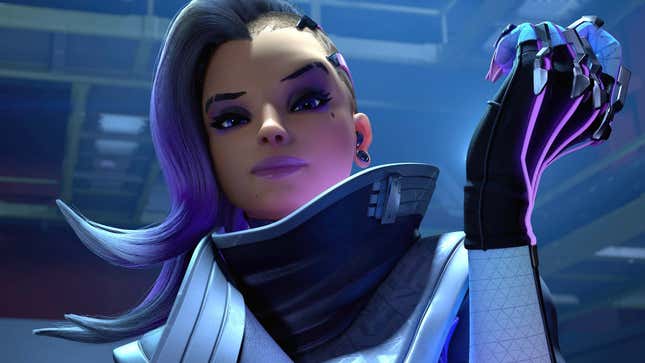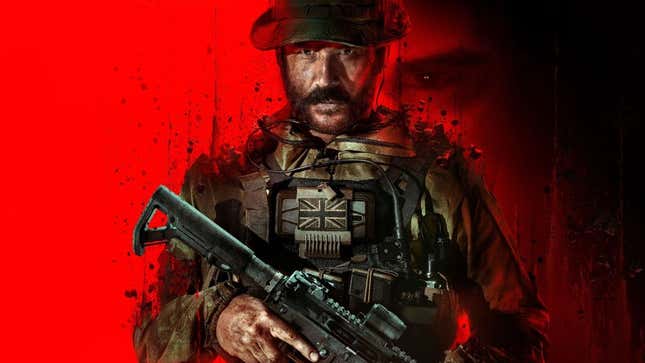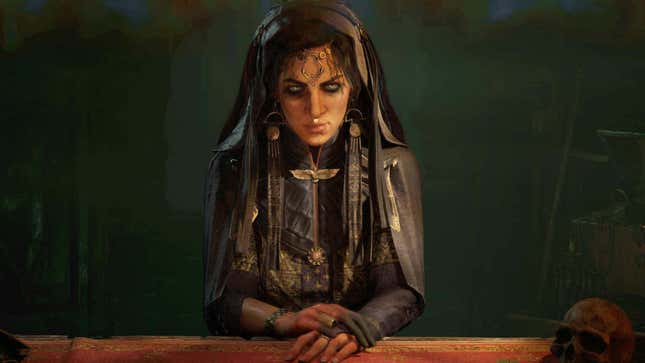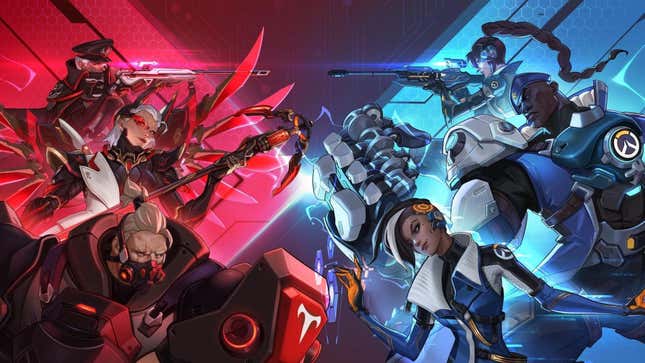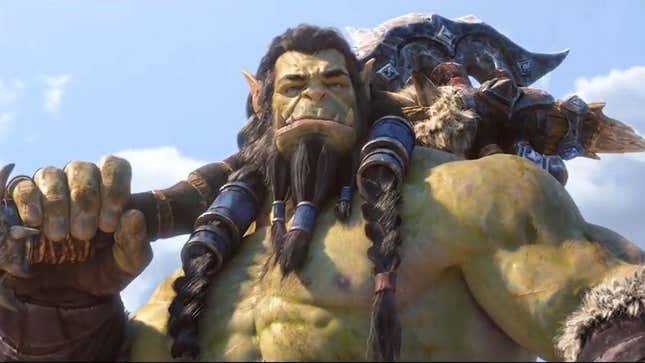
Activision Blizzard has been the subject of immense attention and scrutiny over the past three years, ever since the company was sued over an alleged culture of workplace harassment in 2021. This was followed by a $69 billion acquisition by Microsoft and over 2000 layoffs at the company. With all these big, far-reaching changes making headlines, it’s sometimes easy to lose sight of all the other happenings within the company and its many individual teams. Play Nice: The Rise, Fall, and Future Of Blizzard Entertainment is an upcoming book from Bloomberg (and ex-Kotaku) reporter Jason Schreier, and it’s going to blow the lid off several untold stories from the Warcraft and Overwatch developer. But we already know some of what’s in store, because in the lead-up to the book’s October 8 release, Schreier held a Reddit AMA in which he answered some big and small questions about the state of Blizzard.
Throughout the AMA, Schreier teased some stories that will be in the book itself (including the trials and tribulations of developing Overwatch 2, which has not lived up to the original 2019 pitch), and also replied to some big questions with answers that will be interesting, and in some cases likely very frustrating, to longtime Blizzard fans. We’ve rounded up a few of the big takeaways here.


